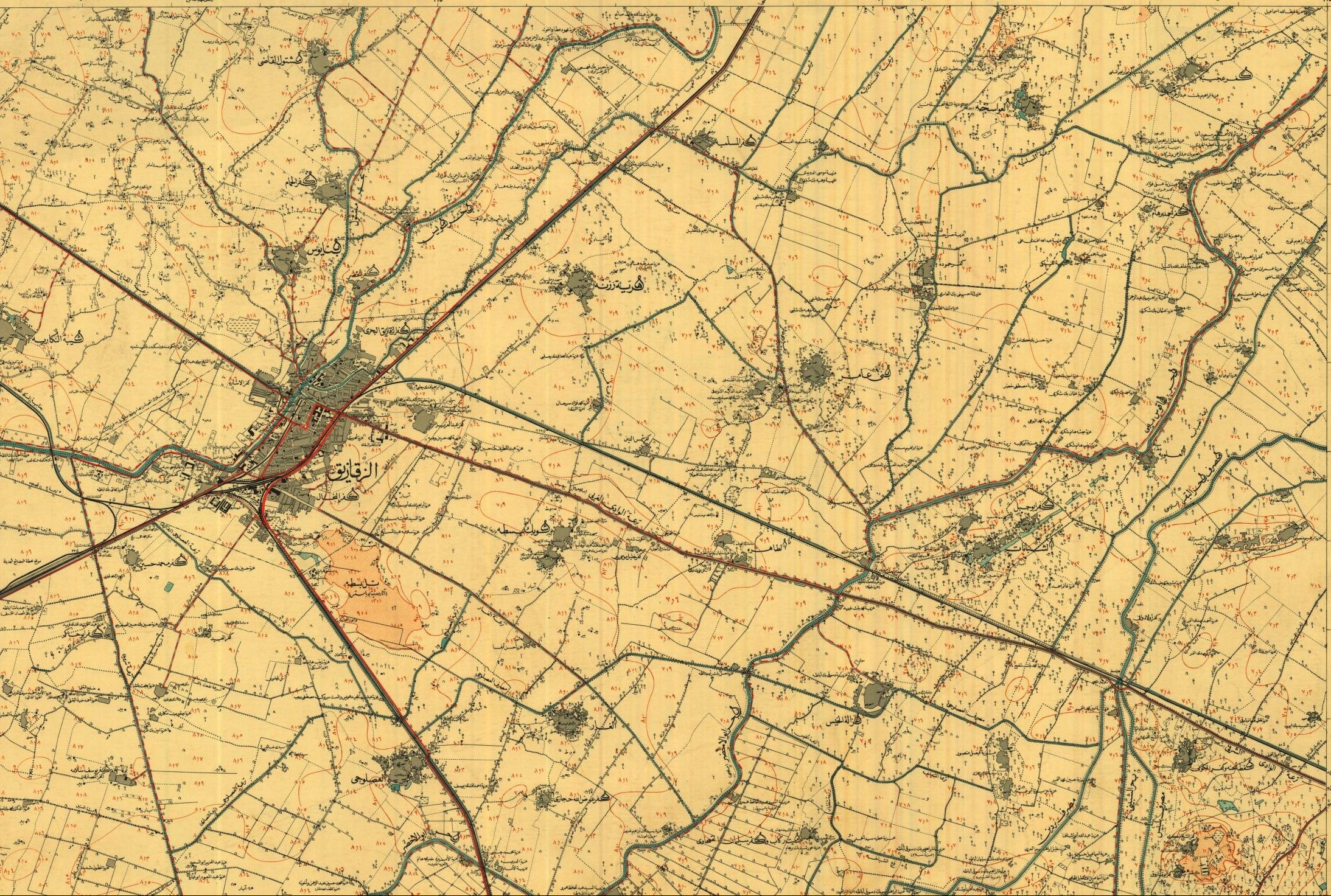Policing the Village: Criminality, Bureaucracy, and Land in Rural Egypt (1833-1914)
Salma Shash
History
UC Santa Barbara
My dissertation explores everyday policing practices in Sharqiyya, a province in the northeast of Egypt. Using traditional archives along with maps, epic lores, and oral history, “Policing the Village” links political economy to policing, offering a new lens on the making of both modern bureaucracy and modern subjects. While there is extensive literature on policing and criminal justice in nineteenth century Egypt and on land tenure and political economy during the same period, the two are rarely put in conversation. My dissertation is at the intersection of these two bodies of literature. I argue that policing powers were intimately linked to geographies of wealth and dispossession. Property relations and bureaucratic formations were indissociable from one another in modern Egyptian villages. I further argue that policing agents in the countryside, like village headmen and sheikhs, offer the village itself, rather than courts and police stations, as a site of the (un)making of justice. Rural lives and experiences, while rooted in the village, transcend its spatial limits to teach us about police formation, the birth of “new” criminal categories, and the making of landlords and bureaucrats in modern Egypt.

